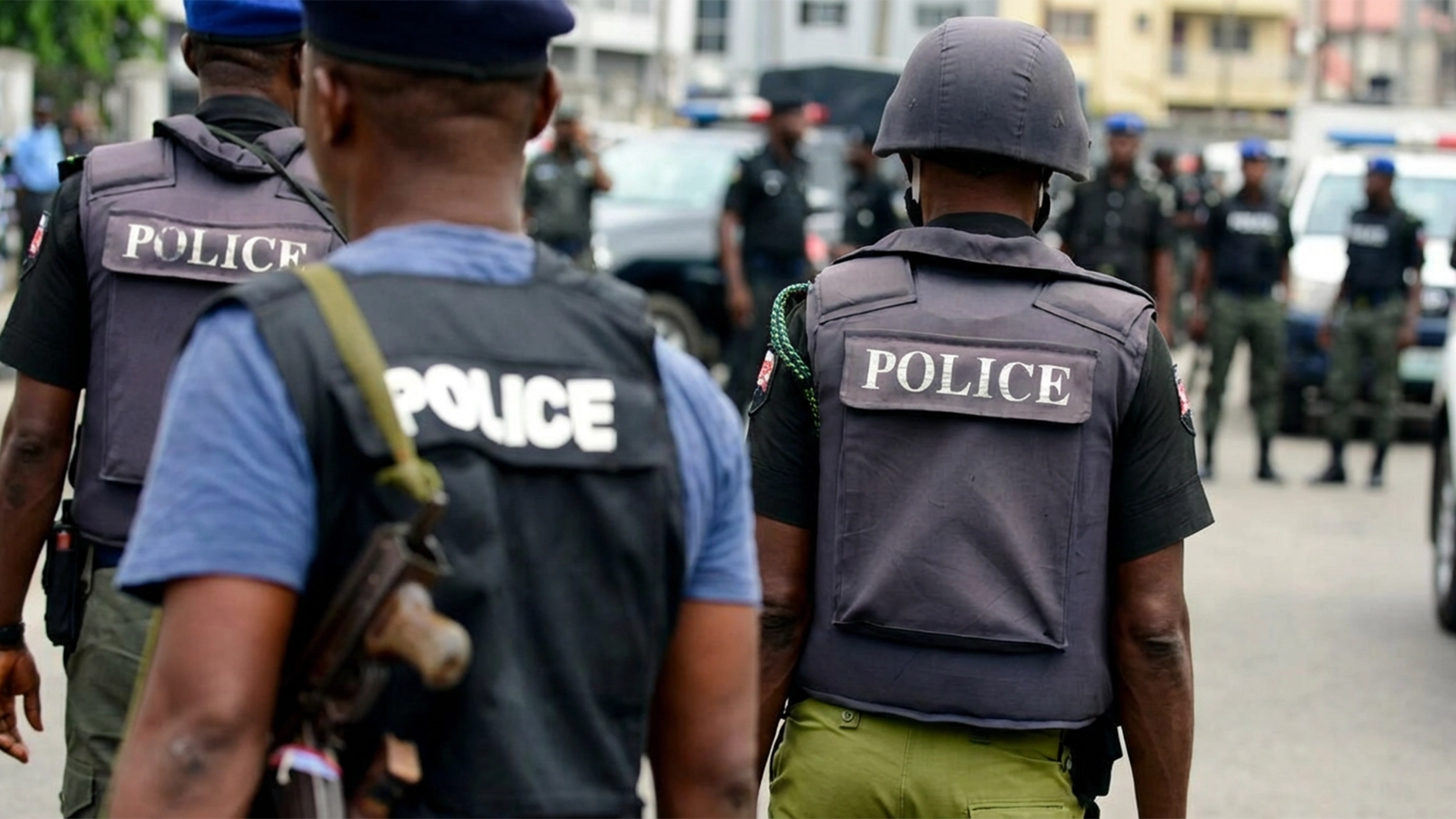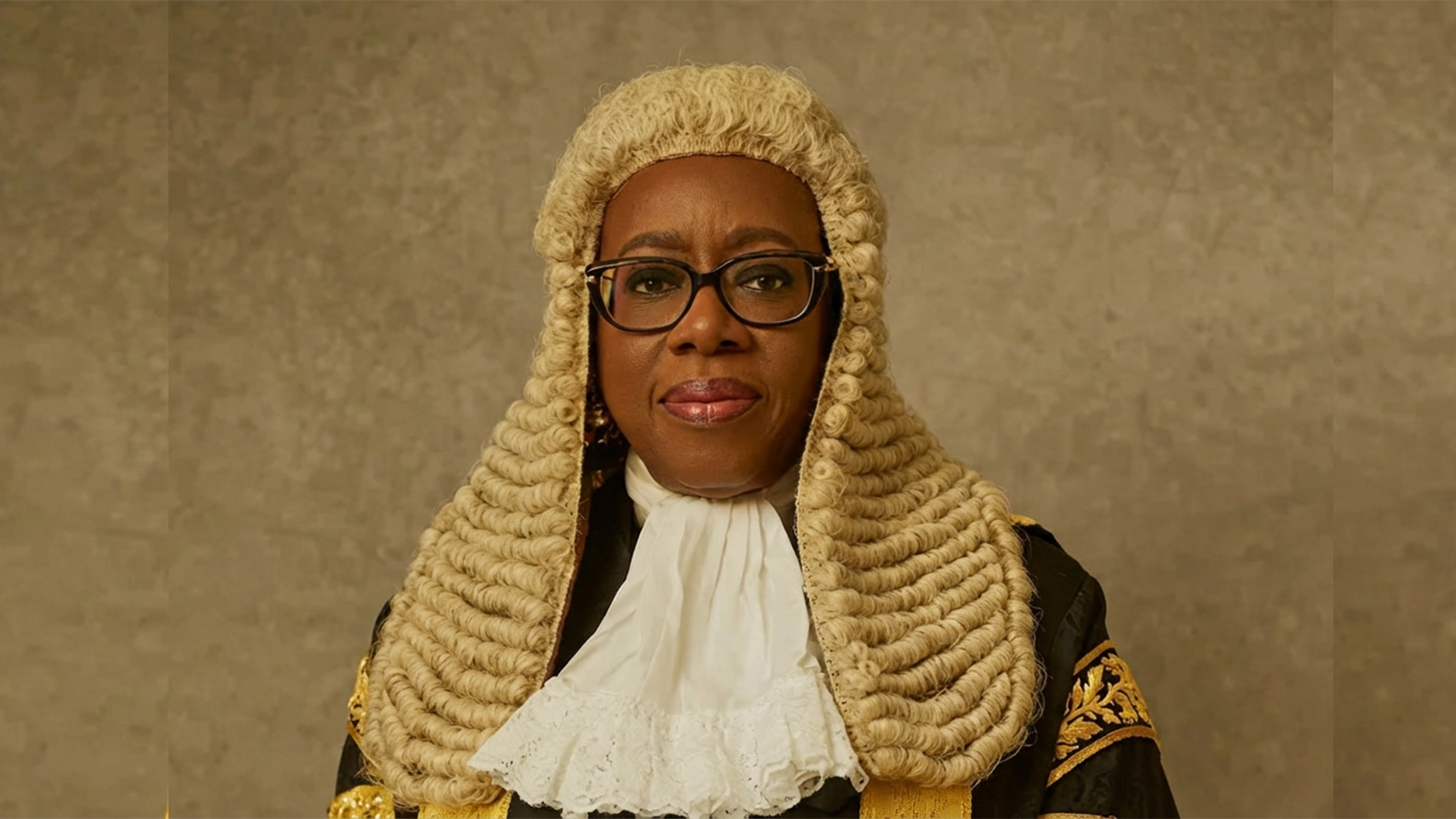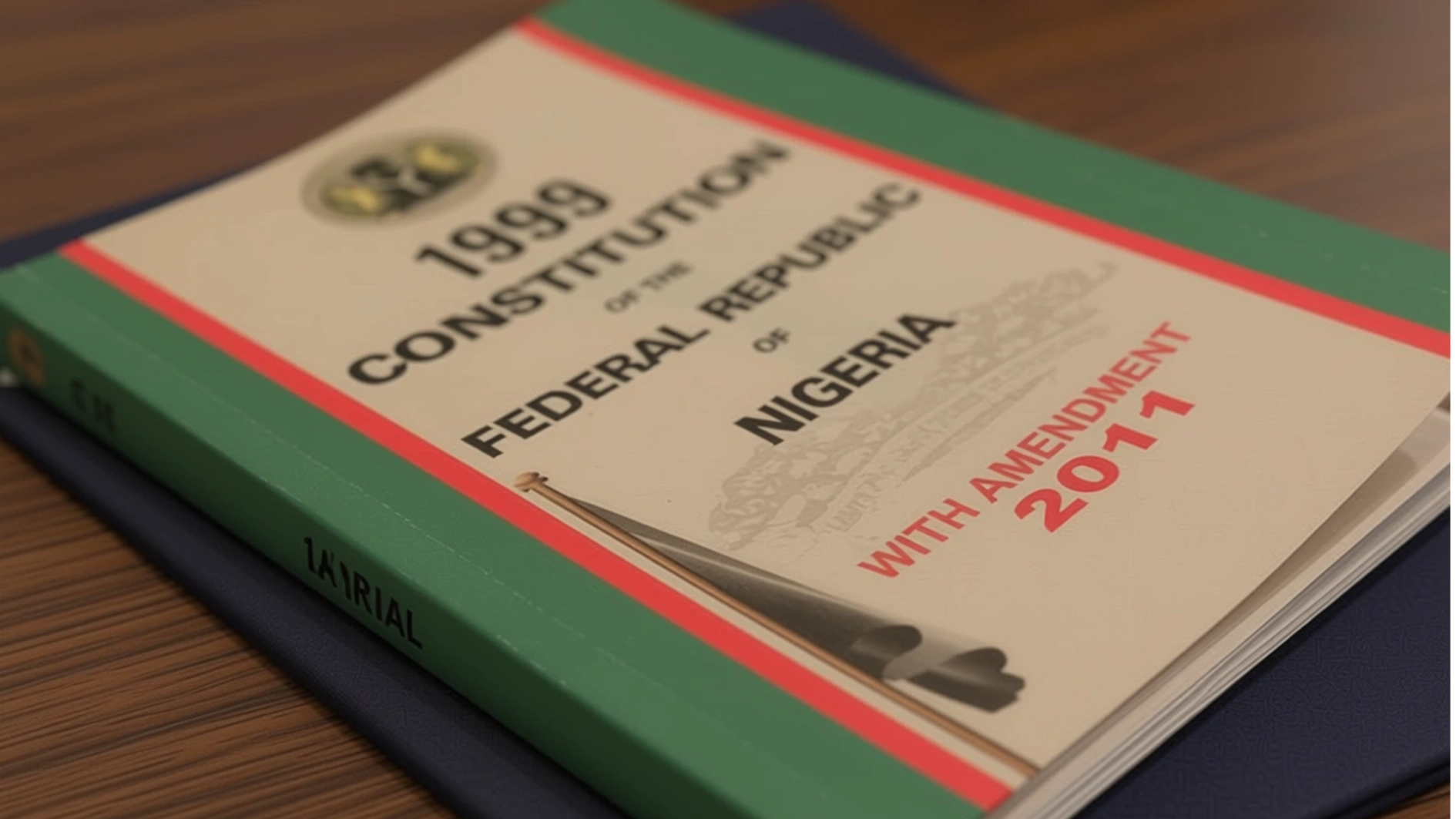Since assuming office on 29 May 2023, President Bola Ahmed Tinubu has embarked on bold reforms to reset Nigeria’s economic, infrastructural and social trajectory. His mission has been clear: to reclaim Nigeria’s lost glories and restore our nation’s standing at home and abroad.
Barely two years into his presidency, the signs of progress are already visible, though the journey has only just begun. The real challenge is to consolidate these gains so that on or before 2031, by God’s grace and through President Tinubu’s focused and purposeful governance, Nigeria will not just have recovered but will have triumphed in a way that would silence even the most sceptical voices.
The President’s economic reforms have started to rebuild confidence. By unifying the exchange rates, transparency has returned to the foreign exchange market, investor confidence is rising and reserves have strengthened above $38–40 billion.
Government revenues have surged, fiscal deficits are narrowing and debt servicing burdens have eased, releasing funds for infrastructure and social investment. Inflation, though still high, has begun to moderate, with August 2025 showing the lowest rate in three years.
GDP growth is accelerating, reaching 4.23% in the second quarter of 2025, ahead of global forecasts. Nigeria’s trade balance has swung into surplus, aided by growing non-oil export remittances and reduced fuel imports. The foundations of a more diversified and credible economy are being laid.
Infrastructure renewal is equally reshaping the landscape. The Electricity Act of 2023 empowered states to generate and distribute power, while legacy debts in the sector are being cleared. Smart meters are being rolled out nationwide, and rural electrification projects are already bringing light to communities.
Major highways such as the Lagos–Calabar Coastal Road and the Sokoto–Badagry Highway, along with new airport terminals in Lagos and Abuja, are strengthening national connectivity. Long-abandoned road projects are being revisited with vigour. These projects are more than bricks and mortar—they are pathways to integration and growth.
Agriculture and food security remain central to his agenda. Declaring a state of emergency on food production, the government has backed farmers with fertiliser support in the hundreds of billions, expanded dry-season farming and lifted import duties on key staples. Grain reserves were released to stabilise food prices.
At the same time, reforms in gas and oil, as well as the rehabilitation of local refineries to address decades of erratic turnaround without tangible success, are ongoing, which will reduce dependence on imports while boosting exports and foreign investment.
The administration has also launched social programmes that directly touch ordinary lives. The National Student Loan Fund has already supported over half a million young Nigerians. The “3 Million Technical Talent” initiative is equipping young people with digital skills for the future.
Renewed Hope Cities are rising across the zones to provide affordable housing. These initiatives reflect a government determined to empower citizens, not just elites. The President is determined to roll out more of these pain-easing programmes and measures next year that are easily accessible to the masses without any form of encumbrance.
Security, the most pressing concern for many Nigerians, is also receiving attention. The Pulako Initiative is strengthening police capacity. Military operations have made gains in the North East and the North West, restoring relative calm in some troubled areas. More initiatives and efforts are ongoing to suppress decades of endemic and destructive national insecurity. Alongside this, audits of government agencies, the recovery of looted assets and stronger financial discipline are reinforcing accountability. Slowly but surely, governance is being restored to credibility.
Of course, challenges remain. Electricity supply still falls short of demand, insecurity persists in parts of the country, and food and fuel prices remain high. Nigerians are feeling the pain of reform. But every nation that has walked this path of transformation has passed through short-term discomfort before reaching long-term prosperity. The foundations now being laid are solid, capable of carrying Nigeria into a future of lasting stability and growth.
That future requires continuity. President Tinubu has laid the groundwork for Nigeria’s rebirth, but the journey must not stop halfway. Before 2031, under his focused and strategic leadership, Nigeria will have genuinely reclaimed its lost glories.
The progress will be so profound that even opposition voices will join in the shout of Eldorado. But this vision demands national unity and patience. Nigerians must rally behind the President, particularly in the 2027 elections, to ensure that the strong structural foundations being built today are not abandoned before they mature.
The labour is heavy and the path is steep, but the reward is certain. With Tinubu at the helm, Nigeria is not merely surviving—it is rising. The dream of Eldorado is no longer a distant myth but a reality in the making. The foundations are laid, the future is bright, and Nigeria’s lost glories are once again within reach.
Professor Enikanselu, retired, wrote from
Lagos.






